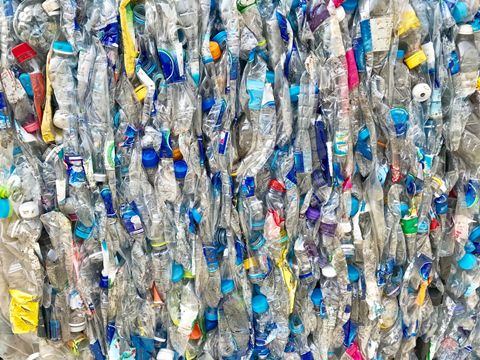
Seven of the top ten countries that export and import the most plastic waste annually are European, according to a new report from CleanHub.
CleanHub, a waste management company, says that it had to compile its research using industry and scientific reports, due to the “reluctance” of governments to release official figures.
Some other key takeaways include findings that the top 10 exporting countries are all high-income, developed nations, and that these countries export more than 4.4 million tonnes of plastic waste per year, accounting for 71% of all plastic waste exports.
The company identifies Germany, Japan, and the UK as the top three plastic waste exporting countries, while the Netherlands, Turkey, and Germany are reportedly the top three importers of plastic waste.
While the report claims that many nations have reduced their plastic waste exports over the past year – the US by 28%, and Germany by 6%, for example – Japan’s exports have apparently increased by 7% in the last year. Meanwhile, CleanHub says that Canada’s and the Netherlands’ have grown by 10% and 69% respectively in the past four years.
On a macro level, the report claims that around five million tonnes of used plastic are exported each year, 55% of which are discarded.
According to CleanHub’s findings, the exporting of plastic waste has become a cheaper alternative to properly processing it. This system, the report says, keeps the carbon and plastic footprints of countries low – and maintains the impression that they’re progressing towards their net-zero targets. Meanwhile, the exported waste is often burned or dumped illegally.
However, positive change is on the horizon. In late 2023, the EU announced a ban on plastic waste shipments from EU to non-OECD countries, in a bid to take greater responsibility for EU exports, lift the environmental burden on developing countries, and utilize waste as a resource in line with the Green Deal. The ban will come into force in 2026.
Nikki Stones, Vice President of Marketing at CleanHub, says: “Plastic waste exports are a key challenging when tackling the plastic pollution problem. Countries that have the capability to properly process plastics are instead handing over recycling responsibility to countries without the infrastructure, that often either dump or burn it, creating toxic water and air supplies.
“And given many governments are reluctant to release official figures on plastic waste exports, the true figures could be worse than we thought. Like any environmental issue, plastic pollution is a problem we can only solve if we work together.
We won’t overcome this challenge by simply passing on the blame. And if plastic waste exports are to continue, wealthy nations need to support developing nations — often the ones importing waste — in processing the waste effectively.”
If you liked this story, you might also enjoy:
The Brief: How viable is biorecycling for plastics?
Report: How the top brands are progressing on packaging sustainability
The Brief: Using ocean-bound plastic in packaging – how, why and should we?














No comments yet